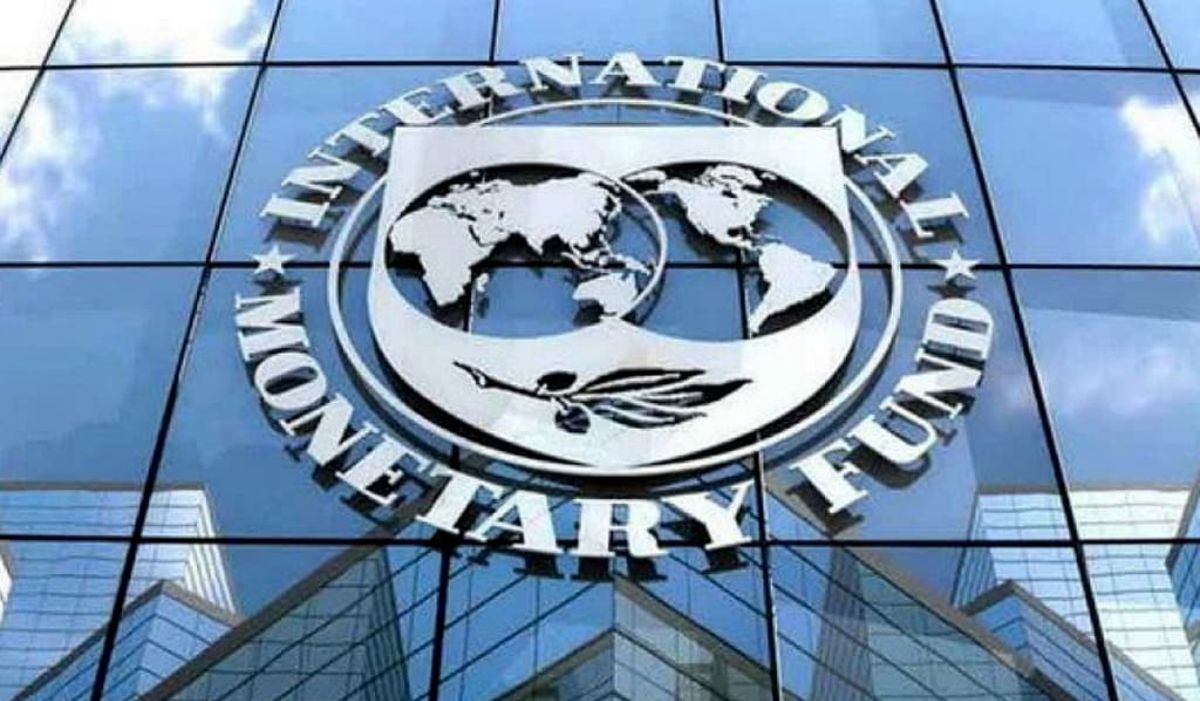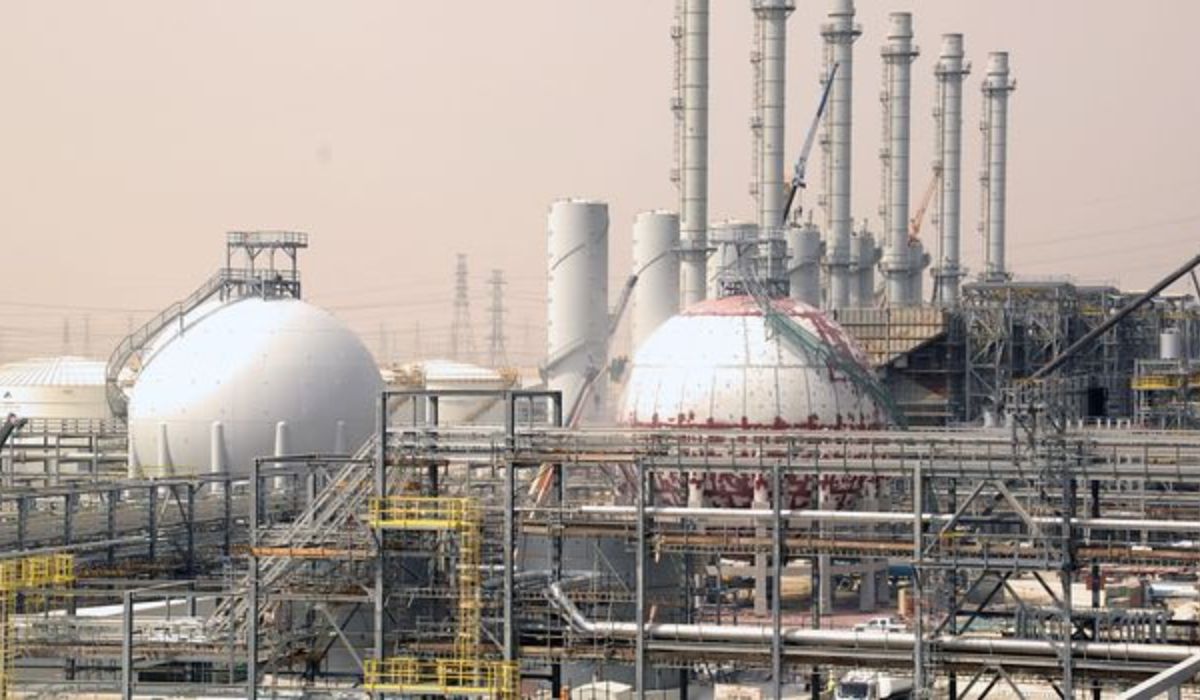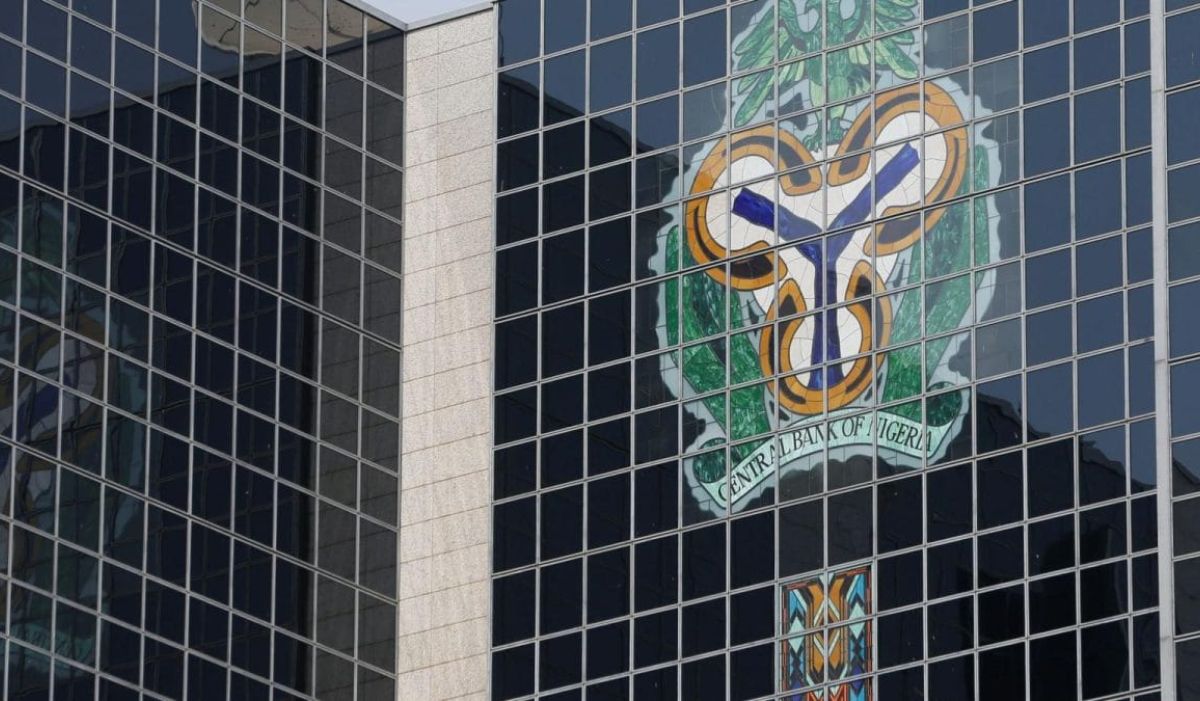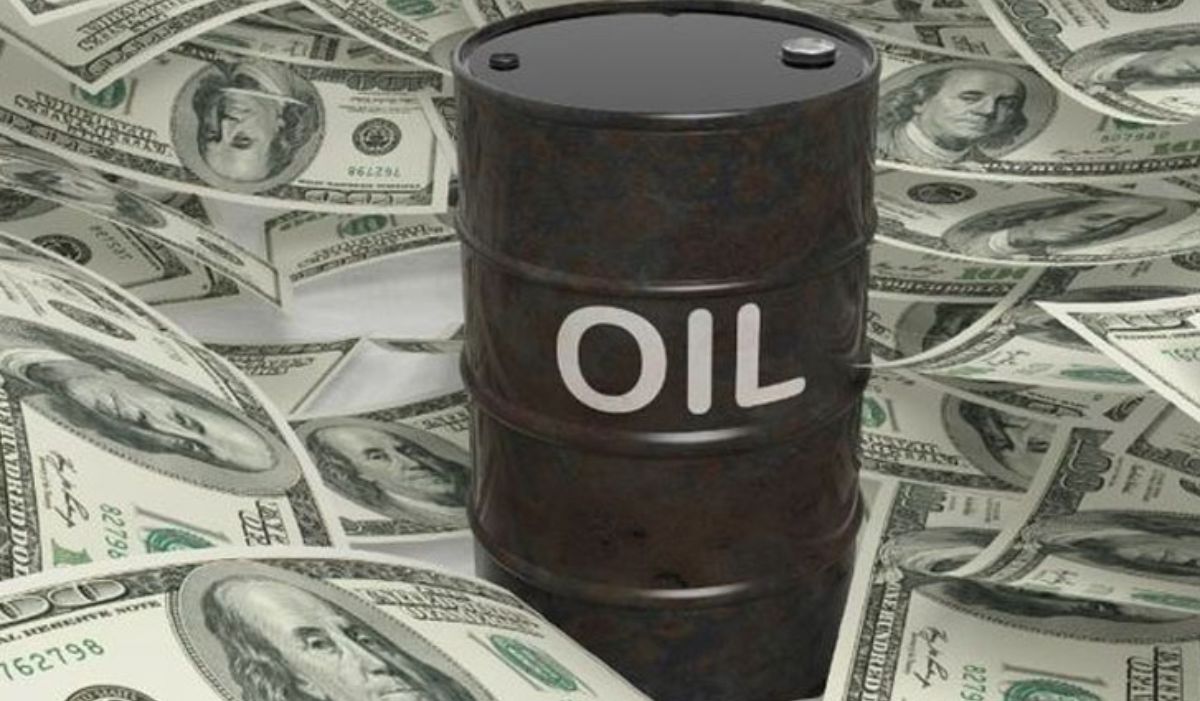Revise 2025 Budget, Boost Support for Poor Amid Falling Oil Prices, IMF Tells Nigeria

Nigeria should revise its 2025 budget to reflect falling oil prices and expand its cash transfer programs to protect vulnerable populations facing hunger and poverty, the International Monetary Fund (IMF) recommended on Wednesday.
In its Article IV economic policy assessment, the IMF noted steady but insufficient per capita economic growth alongside persistently high inflation. The organisation projected economic growth of 3.4% in 2025 and 3.2% in 2026.
As Africa’s largest oil producer, Nigeria is under pressure from relatively low international crude prices, which traded around $68 per barrel on Wednesday.
“The international economic environment in which Nigeria operates is marked by very high uncertainty—particularly with international oil price volatility—impacting the country directly through fiscal and external balances, as well as inflation,” said Axel Schimmelpfennig, the IMF’s mission chief for Nigeria.
Given the uncertain outlook, building and maintaining fiscal buffers is essential to prepare for future shocks or opportunities.
“Turning to our policy messages, the key challenge now is to tackle high poverty and food insecurity,” Schimmelpfennig added.
Nigeria has operated direct cash transfer programs for its poorest citizens since 2007, but efforts to scale them have been hampered by limited impact data and widespread lack of banking access.
The 2025 budget assumes oil production of 2 million barrels per day and a benchmark oil price of $75 per barrel.
Although international Brent crude futures rose last month due to tensions in the Middle East, prices remain under pressure as OPEC+ shifts its policy focus from supply cuts to regaining market share.
“Achieving the government’s 2025 budget targets will require additional measures, largely reflecting the drop in oil prices compared to when the budget was approved,” Schimmelpfennig said during a briefing with journalists.
“Keeping the fiscal deficit as a percentage of GDP unchanged compared to 2024 will be important in supporting the fight against inflation,” he added.
Savings from the removal of fuel subsidies and administrative improvements could boost domestic revenues. However, the central bank must maintain a restrictive monetary policy stance and ensure positive real interest rates to reduce inflation and support macroeconomic stability.
Fuel subsidy savings are estimated to amount to 2% of Nigeria’s 2024 GDP.
On the naira and foreign exchange markets, Schimmelpfennig said recent government and central bank reforms had been “comprehensive and fundamental,” leading to a better balance between supply and demand.
“When we talk to investors, they’re happy. They can invest in Nigeria, and when they want to, they can repatriate their proceeds,” he said. “You look at the parallel market and the official rate—they’re aligned.”





